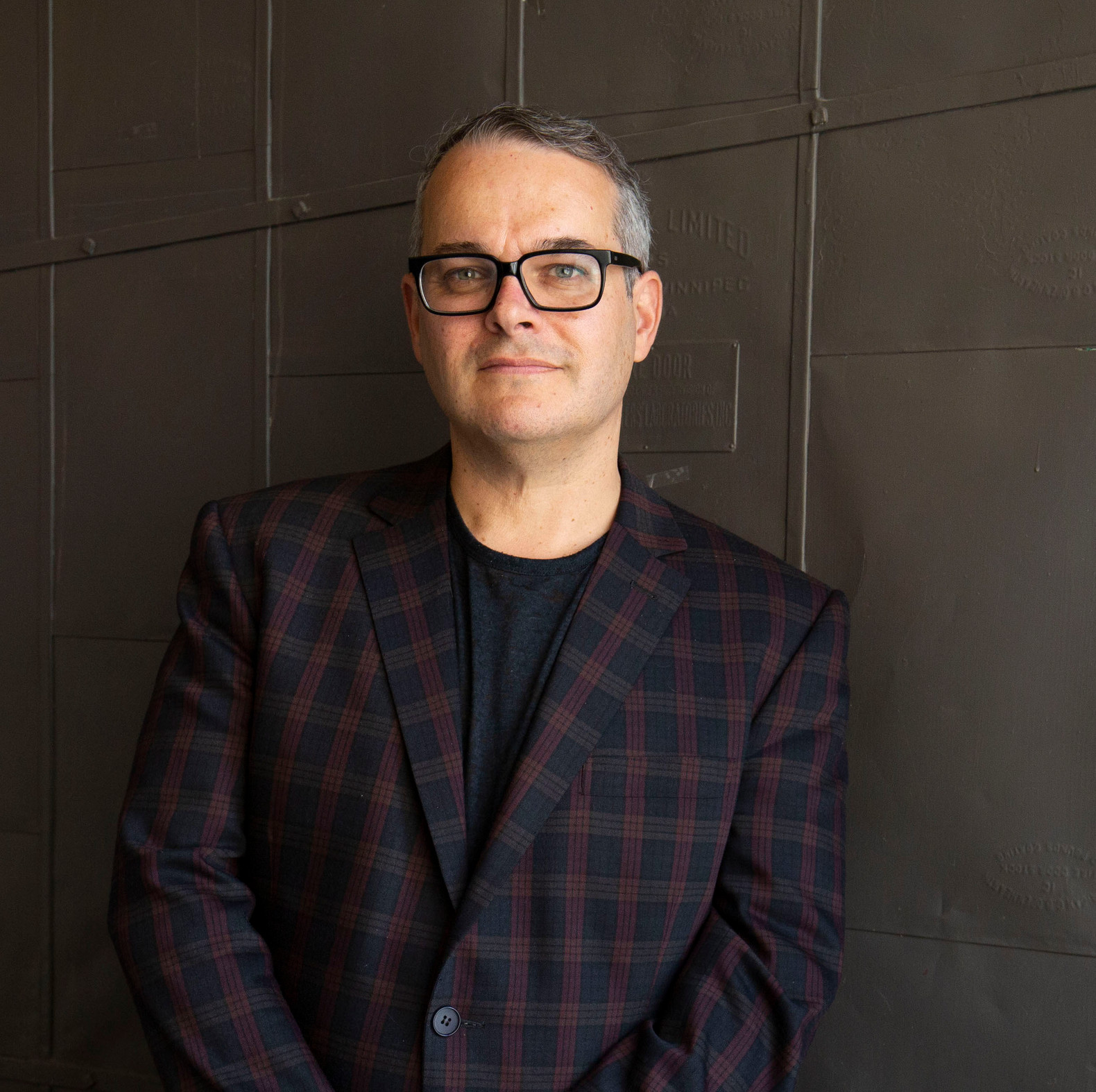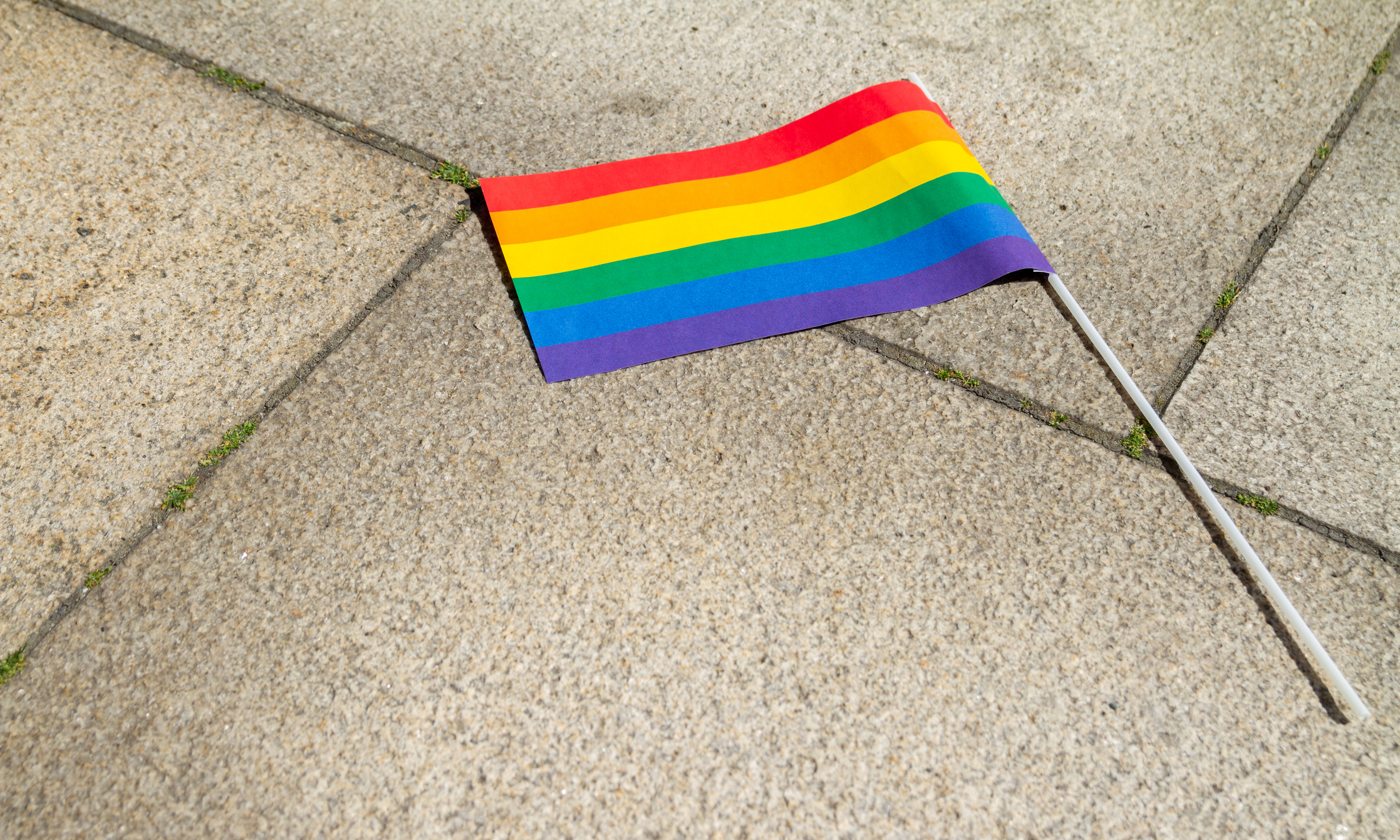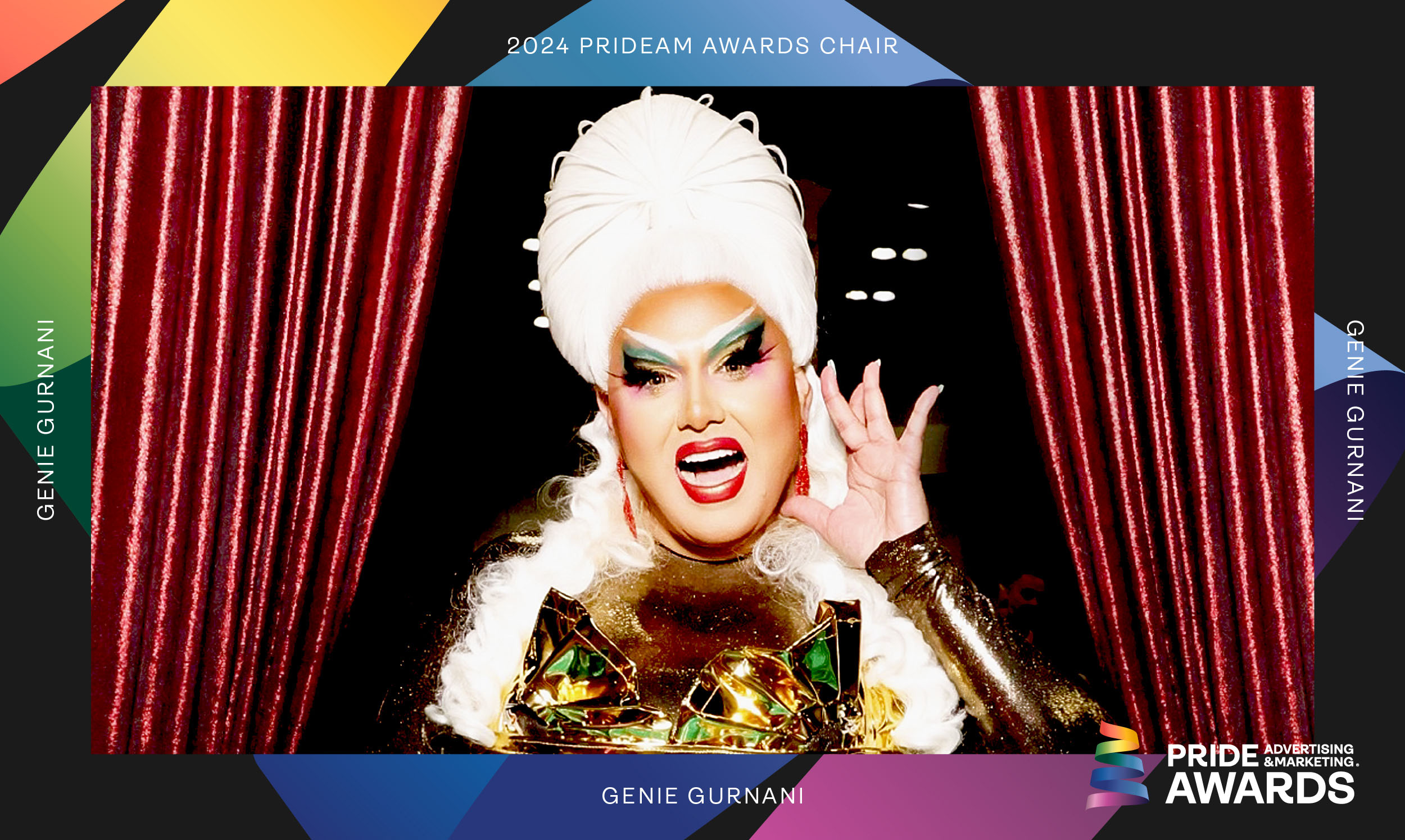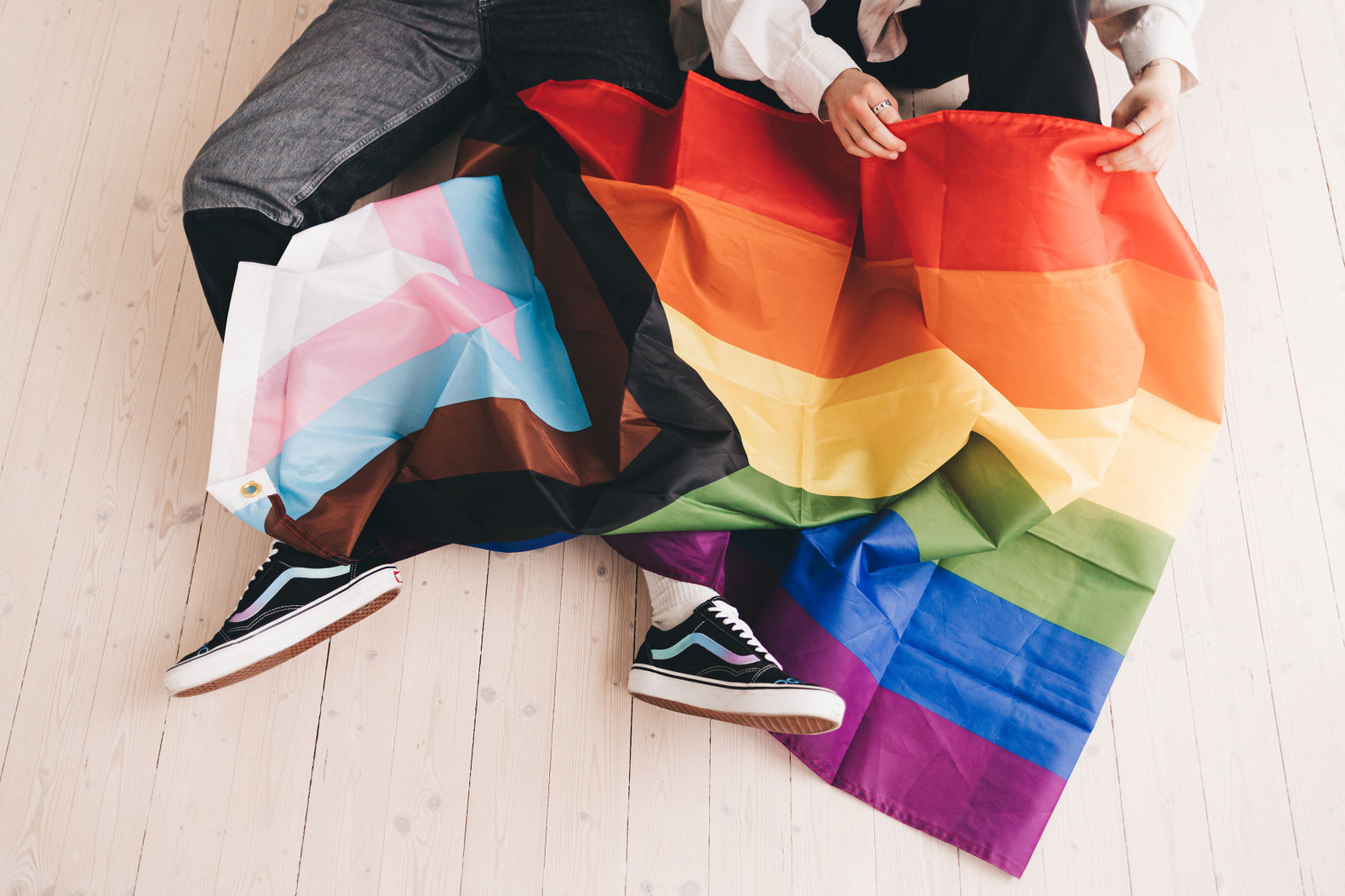You Look So Gay
By Stephen Brown, CEO of FUSE Create

One morning in the early 90s, I decided to push the boundaries of ‘Casual Fridays’ by infusing some style from my gay-urban-Toronto look into my corporate outfit.
Many of you might not understand casual Fridays, but we used to wear business attire four days a week, making Friday a truly liberating experience. On this day I wore jeans (fitted, not painted on) with a rolled cuff exposing black Doc Martin boots and a black T-shirt that defined a slender torso I miss dearly today. It wasn’t radical… just a slight change from the usual Banana Republic garb my team would have been expecting.
A frienemy, who was genetically predisposed to saying things without a filter, stopped me in the hall and whispered, “You look so gay.” The comment wasn’t a term of endearment, rather one of judgement. She pissed me off… but the real hurt was that I had led her and everyone else at the agency to believe I was straight. The anger was all mine to own. And the shame. And the fear of being exposed.
I started in the marketing and advertising world in 1992—yes, almost 30 years ago. In the early 90s, there were no ads with same sex couples, Ellen hadn’t come out on national TV, Will & Grace was not yet on the air, and Toronto’s Pride parade was mainly attended by actual homosexuals.
And I was living a double life: a straightish looking and acting account executive by day, a confused 20-something gay guy by night.
While this double life didn’t last long (the hinges of that closet were smashed off around this time), there were reasons I felt trapped in the closet, especially at work. My bosses at my first job constantly made blatant homophobic jokes at meetings, like teenagers in a change room, so I learned to keep quiet and bury my true self.
And it didn’t help not having one senior role model in the industry who let me see there was a path forward where I could be myself.
Then I started at Wunderman (and Y&R) in 1994 and discovered an agency run by progressive women, Mona Goldstein and Trish Wheaton. They built a culture of inclusion rather than conformity. This was the pivotal time that allowed me to start to be my true self at work… and in life.
I came out at work without fanfare, I just came out. My orientation had no bearing on my professional life because Trish and Mona were better than that and hired people who were better than that. The following few years were a wonderful intersection of my personal and professional life, because I allowed them to intertwine.
I could be my true self in both places, which meant I could be a better employee, thinker and colleague. I’m not going to say that my gay business journey was all roses and sunshine because it wasn’t. I often caught myself living in gay-straight purgatory—too gay to connect with some of the old school straight white male club leaders, and too corporate/straight to be fully embraced by segments of the gay community.
This was my early career journey but somehow, fortunately, I found a way to wave both my proud LGBTQ flag and my proud business flag together. It took time to find that balance, or more likely to get comfortable with that balance, but I found it.
Most importantly, after 2003 when my business partners and I founded FUSE, I started to expand my leadership responsibilities to the LGBTQ community. I took on more volunteer positions and speaking opportunities to be there for other who might feel the pink ceiling was holding them back.
I wanted to remain vocal and approachable on LGBTQ matters because the only way to drive change is to be the change.
Today I’m very aware that I have privilege. I know the colour of my skin, the gender of my birth and my choice, and the educated family I was blessed to be born into have given me a head start in a life that others were not as lucky to receive.
And I’m incredibly proud that the country and city that I call home is so accepting and supportive (in most instances). But I never want to forget or diminish the emotional anguish I experienced in my early days of being a scared gay guy in advertising (and business). Because the fear of that fight and remembering those dark days will ensure we never go back there again. And push us forward to brighter days for all those who still feel the same kind of anguish simply for being who they are.




